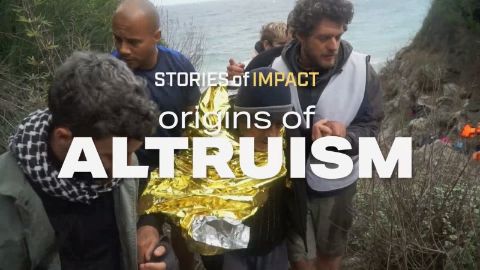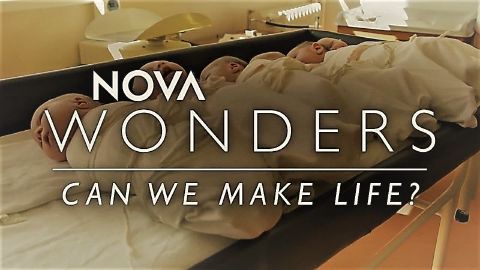Birth of Life (Planet Science) • 2007
What are the origins of life? How did things go from non-living to living? From something that could not reproduce to something that could? Earth is estimated to be about 4.5 billion years old, and for much of that history it has been home to life in one form or another. Our planet is teaming with life, from the highest mountain to the deepest ocean; life is everywhere. But what was the firing pistol that started the evolutionary race? How did material go from non-living to alive? It's one of the most fundamental and difficult questions that has challenged us since the beginning of time.
Make a donation
Buy a brother a hot coffee? Or a cold beer?
Hope you're finding these documentaries fascinating and eye-opening. It's just me, working hard behind the scenes to bring you this enriching content.
Running and maintaining a website like this takes time and resources. That's why I'm reaching out to you. If you appreciate what I do and would like to support my efforts, would you consider "buying me a coffee"?
Donation addresses
BTC: bc1q8ldskxh4x9qnddhcrgcun8rtvddeldm2a07r2v
ETH: 0x5CCAAA1afc5c5D814129d99277dDb5A979672116
With your donation through , you can show your appreciation and help me keep this project going. Every contribution, no matter how small, makes a significant impact. It goes directly towards covering server costs.





